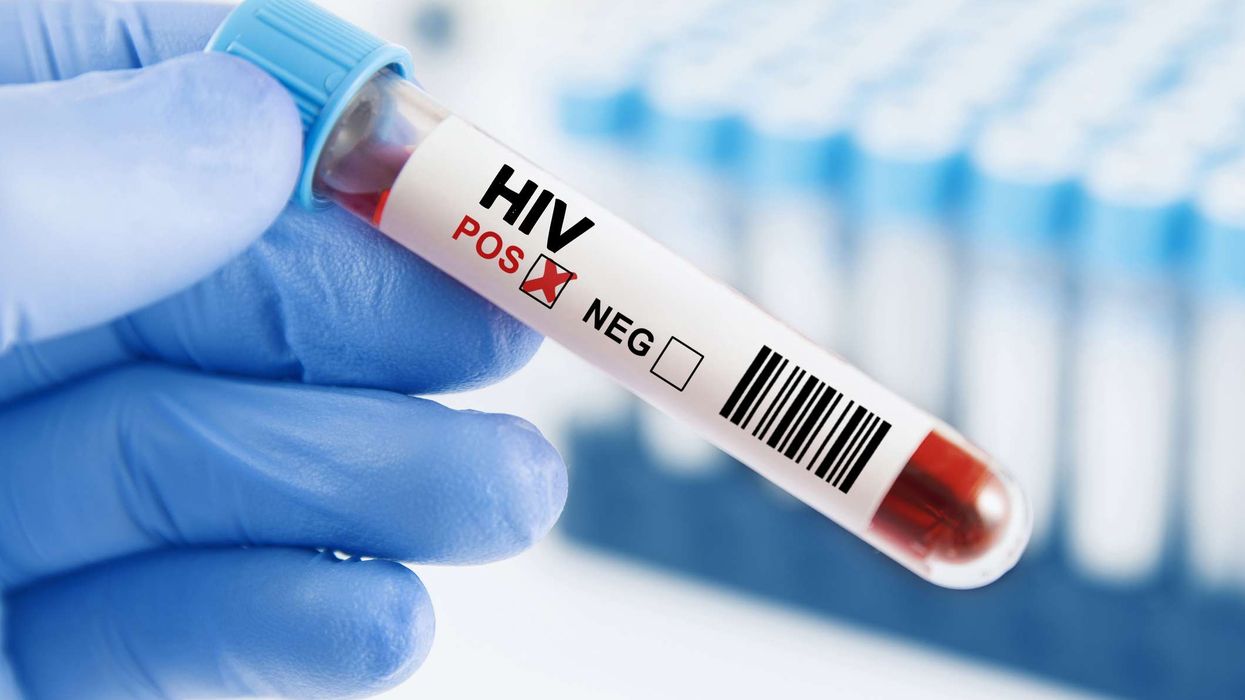An evaluation report published by the UK Health Security Agency has identified thousands of people living unknowingly with bloodborne viruses, including HIV.
The report was based on the NHS emergency department (ED) opt-out testing programme – an integrated bloodborne virus (BBV) testing programme for HIV, hepatitis B and hepatitis C.
As part of blood tests taken during emergency care in 34 EDs in areas with the highest HIV prevalence, people were tested for HIV, hepatitis B, and hepatitis C unless they opted out.
Those who receive a diagnosis are then offered treatment and support.
Over 33 months, seven million BBV tests were conducted, around 50 percent of all BBV testing done in these areas during this period.
It achieved a high test uptake rate of around 70 percent among eligible people, demonstrating the effectiveness of the opt-out approach.
The tests unearthed 3,667 new hepatitis B cases, 831 new hepatitis C cases, and 719 new HIV diagnoses.
The report, commissioned by NHS England, evaluates the first 33 months of the programme from April 2022 to 1 January 2025.
Dr Sema Mandal, consultant epidemiologist and deputy director of the Blood Safety, Hepatitis, STI and HIV Division at UKHSA, said, "What we’re seeing is a clear and urgent need to do more to tackle these serious infections. The high number of new diagnoses across all three conditions – particularly the consistently high hepatitis B numbers – shows just how many people are living with undiagnosed bloodborne viruses.
"We must improve awareness, expand testing and diagnosis and ensure people are supported into care and treatment. Early diagnosis can help prevent years of ill health and save thousands of lives."
Public health minister Ashley Dalton said, "This groundbreaking programme continues to be a huge success, identifying infections that would otherwise have gone undiagnosed."












